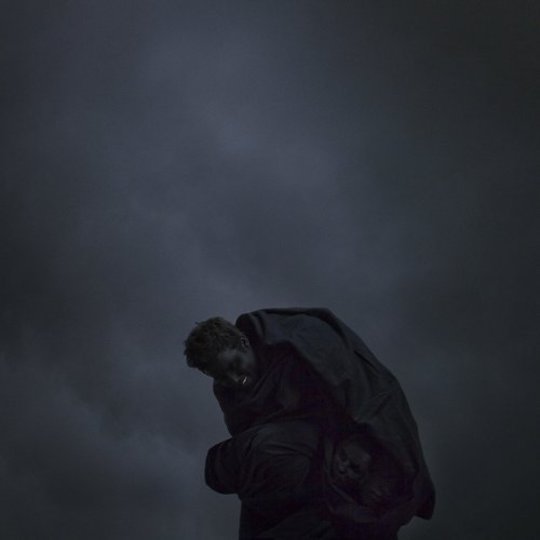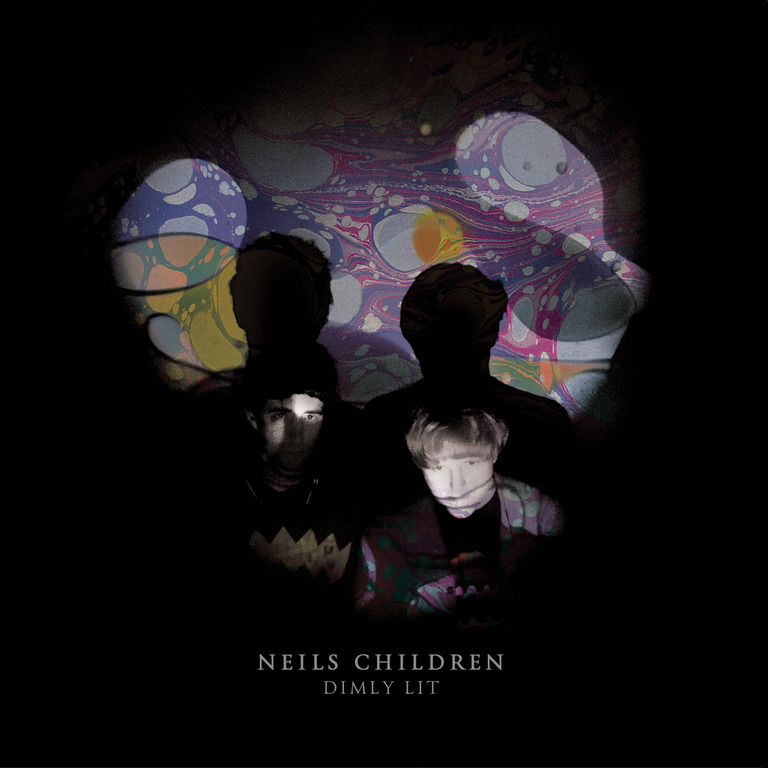As electronic music expands exponentially, with its democratising force enfranchising a global network of bedrooms beatheads, anonymity reigns.
Last week’s Twitter piss-around from Caribou, mathematician turned maestro producer, teasing the long-standing 'Four Tet is Burial' joke/hypothesis sent the rumour mill swirling again, acting as a case study for the pervasive possibility of owning merely a half-decent laptop and an internet connection.
However, Will Wiesenfeld, aka Baths, fits the grain less comfortably, and despite being associated with the flourishing beat-scene in LA, he feels more like the romantic black sheep of the family. His meaty, maximalist productions are inflected with an inflamed pop brightness, rather than shadowy mystery, delivered with the human warmth of the grinning man behind the machine. And on Obsidian, his third album, he takes his biggest step out from behind the veil. On previous outings, Wisenfeld’s shimmering falsetto was restrained to float, often wordlessly, above the tanked-up arrhythmia of his sonic patchworks. Vocal filters are a luxury here though, as the frank lyricism and rounded delivery takes centre stage. The driving influence on his beats and structure feel developed from a hip-hop touch, to a chipped-pop, figuring Wisenfeld as more modern day singer-songwriter, in his knack for rich melody.
It’s not been the best of years for Wiesenfeld. Having been diagnosed with E.coli, any sense of creativity was likely stunted by not being able to venture more than ten metres from the loo. It’s an understandable consequence that the lyrical psyche of the album’s persona is one in the midst of existential crisis, swelling with an apathetic snarl you’d probably expect from a poor bloke who’d been bed-bound for months trying to digest a piece of bread. Wiesenfeld feels gloomily self aware of his limits, but equally happy to talk about it. Obsidian is obsessed with death, and mortality, and the producer reportedly drew influence from his reading into the Dark Ages, the Black Plague, and different artistic interpretations of Hell – from Dante to old world illuminated manuscripts. Its noirish skew manifests itself in the album’s cover, which ends up looking like the promotional material for a Shakespearean tragedy.
Its background story crops up quickly – with opener “Worsening” revolving around the refrain “Where is God when you need him most?” Musically, it comes off as a darker, more direct manipulation of Wiesenfeld’s distinct production technique, with heavy sidechaining acting like a vacuum at the root of all of his songs, where negative space is sucked dry to leave a dense, claustrophobic sound jigsaw.
The album’s highlights come early – with the first five tracks moving from the moribund bounce of the opener, and single 'Miasma Sky', to the subtle elegance of 'Ironworks', showing off his 20 years piano playing experience (he’s only 24 now). The erotic brace of 'Incompatible' and 'No Eyes' betray a double consciousness, with the former acting as a gentle nocturnal submission, wrecked with nostalgia, and despite its fairly graphic description of a 'maiden voyage', complete with references to nursing erections back to full health, is probably one of the most tender songs ever which ostensibly references a toilet seat. The latter comes off as its perverse cousin, with its swaggering sentiment of “Come and fuck me!” It’s a moment of triteness that recurs over the course of the album’s second half, which in the context of a consistently moribund atmosphere, jars its affective potential. On tracks like 'Phaedra', the paean to the root of his suicidal musings, his high-brow research pays off, adding himself to the lineage of creators inspired by the mythic Greek icon, including Jean Racine, Sarah Kane, and Peaches Geldof, with the naming of her most recent daughter. Its jazzy shuffle and piano twinkle is a combination evocative of Radiohead, and is as an album highlight in its mixing of techniques.
The record’s tendency towards more accessible traditional structures doesn’t always sustain it. Early online videos of Wiesenfeld’s live performances showed the incredible labour and skill in maintaining the tangential thrill of his earlier records, and in wishing for a more organic band set-up in performing this record, its scope feels more controlled. When the initial fuzzy pummel of 'Ossuary' blooms into the much more fragile beast of its middle section, it finds a textured flourish which lifts the track to a higher plane, in an otherwise surprisingly guessable record. Its creator described it as his 'weird version of a pop record', and occasionally these two criteria feel like independent variables – where the effective pop motivations restrict its intelligence. 'No Past Lives' acts as a case study, where the melding of man and machine are discomforting, rather than complimentary, as its squelchy verses are bizarrely broken up by what sound like piano practice exercises. And how effective is a major key change (see the conclusion of 'Miasma Sky') when built from a computer click, rather than belted by the last breath of knackered ageing rock bands? Where moments of synthesis are innovative translations, some can’t quite shake their source text.
The record’s title feels apt – the name of the sharp fractured rock formed when volcanic lava cools rapidly. For all the dark, depthless beauty of Wiesenfeld’s immaculately constructed record, its solidity feels too opaque. It’s a brave step to put down the filters, and embrace organic sounds, and one that is largely successful. However, much like discovering the inspiration of his chosen moniker (apparently he just really likes having a bath), some of the magic is lost in the process.
-
7Sam Briggs's Score























